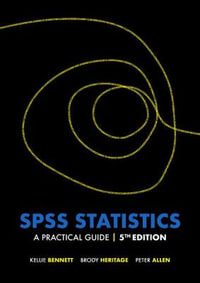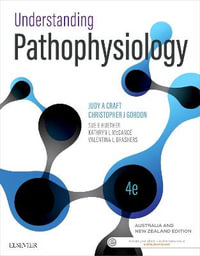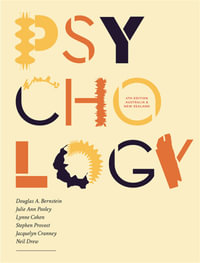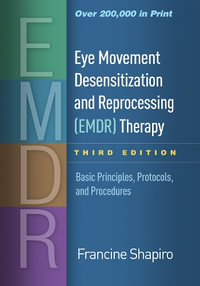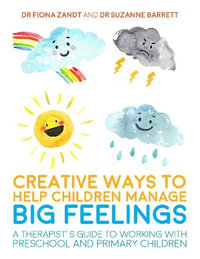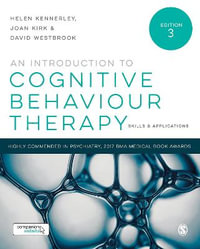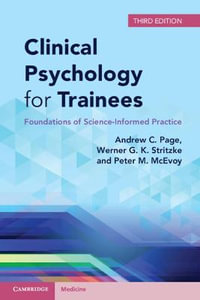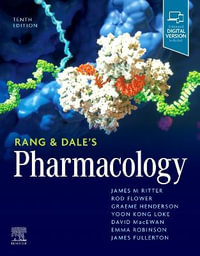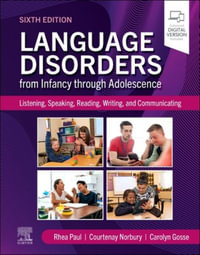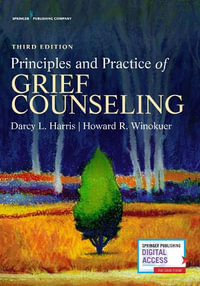In 1994 the American Psychiatric Association published the groundbreaking diagnostic criteria for autism ('Autistic Disorder'). Since then, the reported numbers of people with autism have increased from one in every 2,000 children to one in every 50--a 75% rise in just the last decade. With big business emerging for everyone including basic researchers, therapists, and educators, while the media in turn promotes sensationalized reports like autism caused by vaccines, or claims that thousands of hours of 1:1 behavior modification programs can cure it, the need for a level playing field has emerged.
The Politics of Autism explores new viewpoints on 'old' issues: Is there more autism? What's wrong with how autism gets diagnosed? Are standard treatments really appropriate given the life course of people with autism? Why does fear of vaccines persist? Are we effectively allocating autism research dollars if the goal is to help people with autism? What does this modern fascination with something like autism tell us about our society today? What does it tell us about what people will believe, and how little it can take to get them to believe something?
This book takes on the politics of autism by exposing the sub rosa truths that are often impolitic or seemingly too sensitive to discuss. All drawn from data--readers will explore unabashed contrarian views on autism epidemiology, autism service provision, autism education, and autism research. Each chapter will focus both on the controversies themselves, and how these controversies came to be. Chapters divided to address a different set of issues, data, and social policy recommendations for changes can be read as a sequence or individual treatments on the selected topics.
Each chapter will shine light into arenas of the autism world where Bryna Siegel, who has worked in the autism field for 40 years, has had a ringside seat or sometimes been in the ring herself. Each chapter will provide a narrative of the different false alarms, false cures, soft-as-quicksand science, or other snake oil that has heralded the surfacing of some aspect of the world of autism into public consciousness.
In addition, readers will find a chapter-by-chapter bibliography with URLs to many engaging references posted on the author's website. References include popular media/internet resources.
Dr. Bryna Siegel's work has focused on the development and learning of children with autism. She analyzes autism as the confluence of expected and atypical development as a way to understanding autism-specific learning disabilities and learning styles. Her interest in the politics of autism grows from years of observing disparities in access to autism diagnosis, autism education, and support for families living with autism. In The Politics of Autism, she explores American positivism, internet disinformation, and focuses on autism as a case example of how societal forces have led to wasteful and ineffective autism education, false hope for cures, pyrrhic battles about vaccines, lack of vision to plan for adults with autism, and costly medical research that helps no one with autism, but expropriates dollars that could be directed to improving lives. Analysis of each issue concludes with recommendations for social policy changes.
Industry Reviews
"Of all of the books written in the last decade about special education policy reform, this represents the best of the best." -- J.D. Neal, CHOICE
"This excellent book is very timely, important, and relevant. It is wonderful to have all of these extremely important issues presented in such a cogent and compelling fashion. Siegel is someone who is never afraid to walk out on that limb and say things that others will not say and which may be unpopular. She speaks the truth, like it or not. This book will anger some people while giving solace to others. This is a book people will definitely talk about. I
love it." -- Laura Schreibman, PhD, Distinguished Professor, Emeritus, Department of Psychology, University of California, San Diego
"With 40 years of contributions to the field, Dr. Siegel offers a scientifically informed, pragmatic, long term view on the unmet needs of children and adults with autism and how the politics of autism have failed them. Dr. Siegel suggests reasonable and practical measures to optimize intervention and support for the individual child and his family that we should take seriously. The issues raised in The Politics of Autism extend much beyond autism and
should be of interest to a larger audience of families whose children have been affected by different types of disability." -- Eric Fombonne, MD, Oregon Health & Science University, Professor of Psychiatry,
Director of Autism Research, Institute on Development & Disability
"The Politics of Autism is worth reading. Determined to "tell it like it is" and make radical arguments about what children need in order to achieve as much independence as possible to parents who prefer to hope against hope, Siegel challenges the contradiction she believes is embedded in autism culture: "cure is much more valued than 'palliation' - though palliation is what most get most of the time." -- Glenn C. Altschuler Ph.D., Psychology
Today
"Passionate about vocational education, Siegel argues that we do no favors in trying to teach students skills they cannot learn and that resources must be committed to families in need today and not as efforts to fund research and find cures in the future. VERDICT: While readers may not always agree with Siegel's conclusions, her questions raised are vital for autism professionals to address." --Elizabeth Safford, Library Journal, Starred Review


